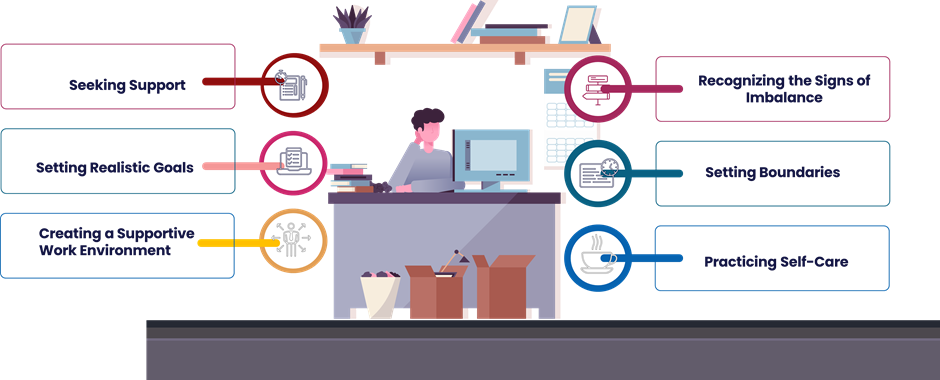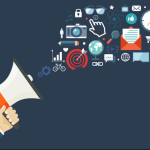However, by prioritizing mental health and implementing effective strategies, individuals can better manage stress and achieve a more balanced and fulfilling life.
The first step in achieving work-life balance is recognizing when things are out of balance. Signs of imbalance may include feeling constantly overwhelmed, experiencing physical symptoms such as headaches or fatigue, or noticing a decline in the quality of relationships due to work demands. It's essential to listen to these signals and take action before burnout sets in.
Secondly setting boundaries between work and personal life is crucial for maintaining balance. This may include setting specific work hours and sticking to them, avoiding checking work emails or taking work calls outside of these hours, and designating time for hobbies and activities that bring joy and relaxation.
Self-care is essential for mental health and well-being. This includes getting enough sleep, eating a balanced diet, exercising regularly, and taking time for activities that promote relaxation and stress relief, such as meditation or yoga. Prioritizing self-care can help build resilience to stress and improve overall mental health.
It's important to remember that it's okay to ask for help. Whether it's talking to a trusted friend or family member, seeking support from a therapist or counsellor, or participating in a support group, reaching out for help can provide valuable perspective and coping strategies.
By setting realistic goals and priorities can help prevent feelings of being overwhelmed. Break down larger tasks into smaller, more manageable steps, and focus on what is most important. Learning to say no to additional responsibilities can also help prevent over commitment.
Finally, employers play a crucial role in promoting work-life balance and mental health in the workplace. This includes offering flexible work arrangements, promoting open communication, and providing access to resources and support for employees' mental health.
Achieving work-life balance in stressful work environments requires a proactive approach and a commitment to prioritizing mental health. By recognizing the signs of imbalance, setting boundaries, practicing self-care, seeking support, setting realistic goals, and creating a supportive work environment, individuals can better manage stress and achieve a more fulfilling and balanced life.










